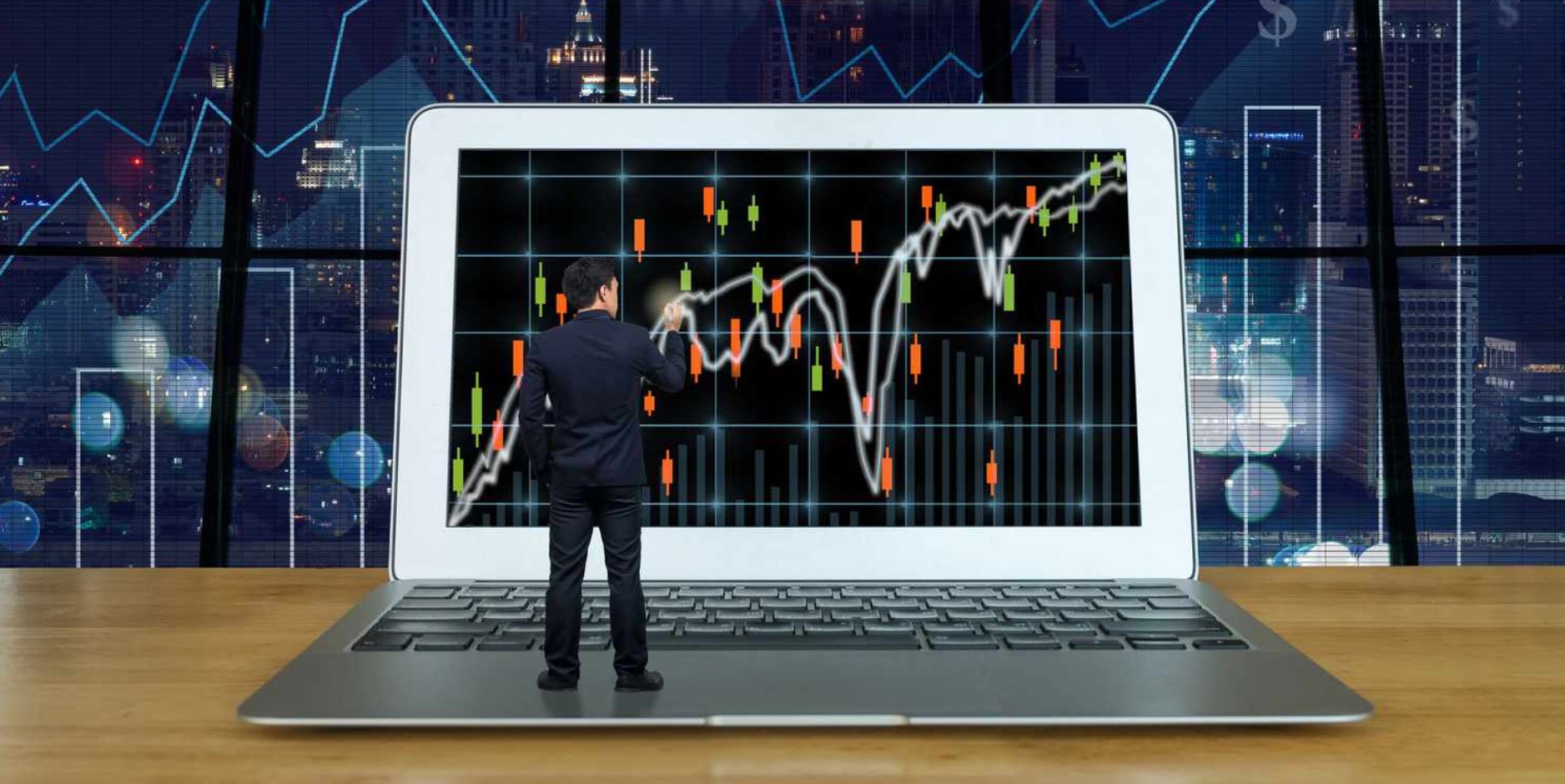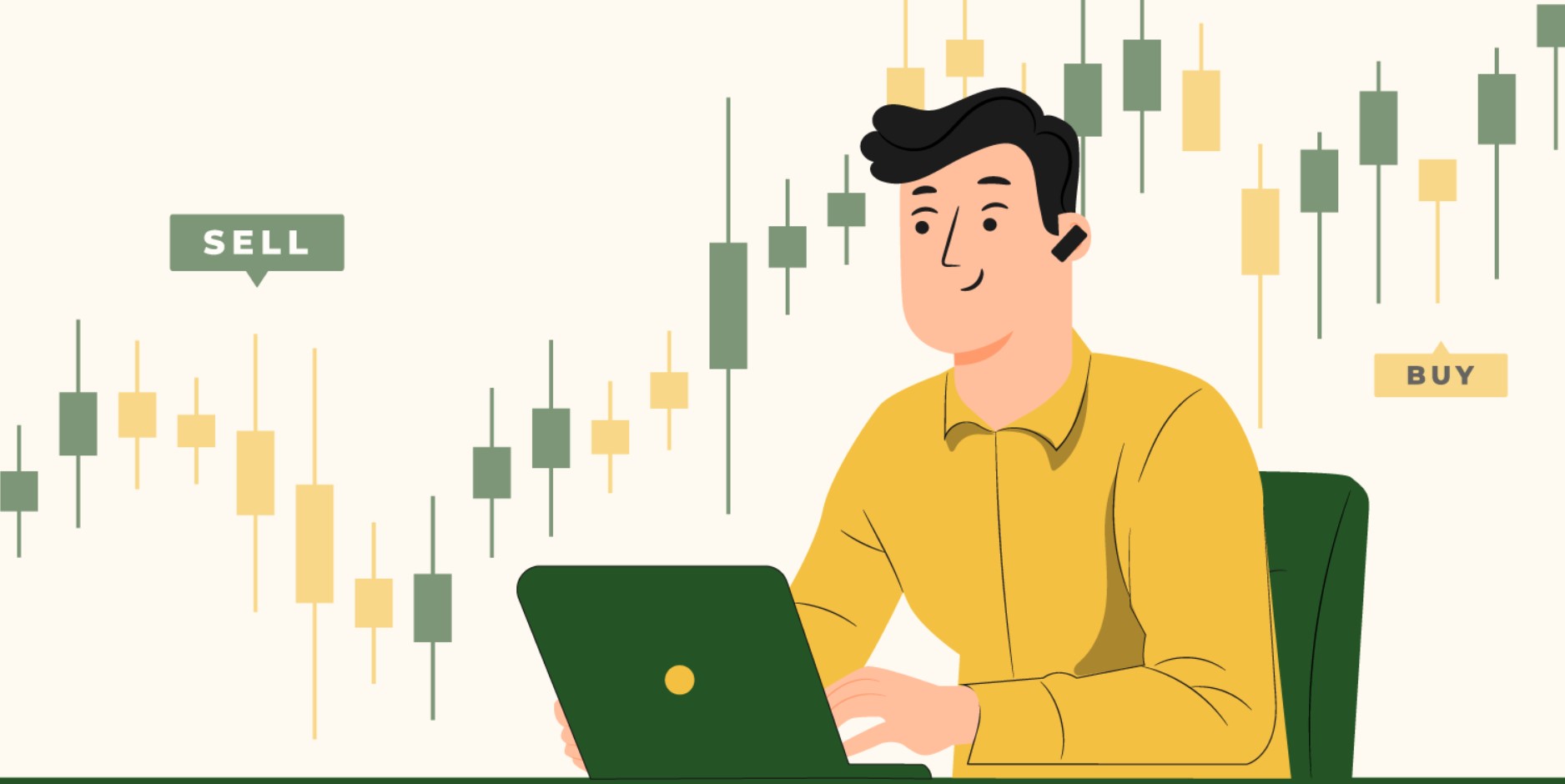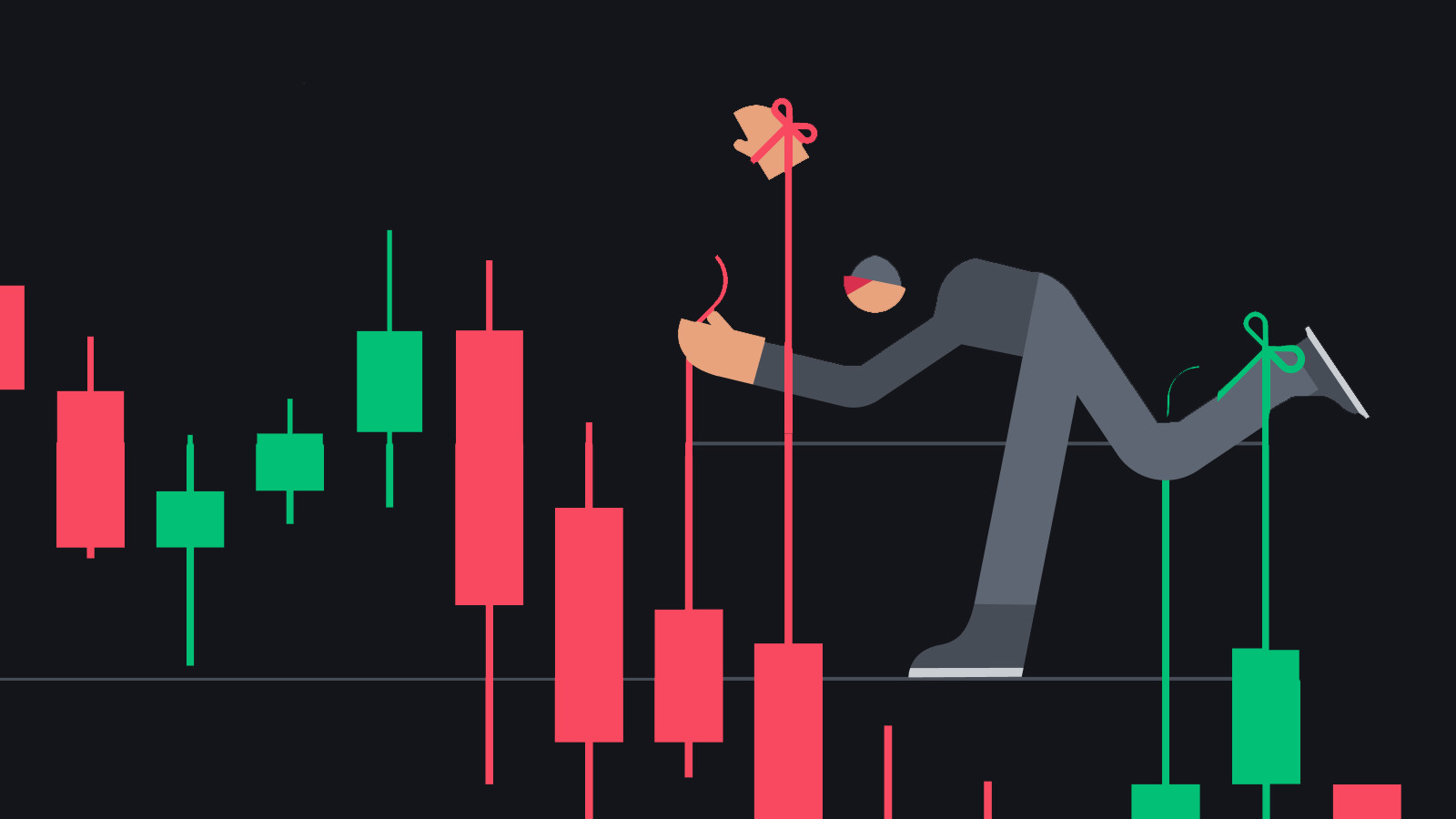The Future of Forex Trading: Trends to Watch

Forex trading, the act of buying and selling currencies, has come a long way since its inception. It has transitioned from being the domain of large financial institutions to becoming accessible to individual retail traders worldwide. As we look ahead, several exciting trends are poised to transform the landscape of Forex trading.
Artificial Intelligence and Machine Learning
Artificial Intelligence (AI) and Machine Learning (ML) are revolutionizing Forex trading. These technologies enable traders to analyze vast amounts of data, identify patterns, and make more informed decisions. AI-powered trading algorithms can execute trades with lightning speed, reacting to market conditions in real-time.
In the world of Forex, AI and ML are used for predictive analysis, automating trading strategies, and risk management. Traders can develop algorithms that adapt to market volatility, making split-second decisions based on data-driven insights. Additionally, machine learning can be employed to detect anomalies in market behavior, potentially identifying emerging trends that human traders might miss.
Cryptocurrencies in Forex
Cryptocurrencies have already made their mark in the financial world, and they are set to play a significant role in Forex trading. Some brokers now offer cryptocurrency pairs, allowing traders to speculate on the value of digital currencies alongside traditional fiat currencies.
The inclusion of cryptocurrencies in Forex is driven by their volatility and popularity among traders. Cryptocurrencies can offer unique trading opportunities due to their rapid price fluctuations. Moreover, they provide a hedge against traditional currency risks, making them an attractive asset for diversification.
Mobile Trading Apps
The future of Forex trading is undoubtedly mobile. With the proliferation of smartphones and tablets, traders can access the Forex market anytime, anywhere. Mobile trading apps provide real-time market updates and the ability to execute trades on the go.
Mobile trading apps have become increasingly sophisticated, offering features like advanced charting, technical analysis tools, and customizable dashboards. These apps empower traders to monitor their portfolios, receive price alerts, and execute trades with a few taps on their mobile devices.
Mobile trading’s convenience and accessibility are leveling the playing field for retail traders, enabling them to compete with institutional investors and stay connected to the market’s pulse no matter where they are.
Social Trading Networks
Social trading networks are changing the way traders interact. These platforms allow traders to follow and copy the strategies of experienced investors. It’s like having a mentor in your pocket, making Forex trading more accessible for beginners.
Benefits of Social Trading Networks:
- Learning Opportunities: Novice traders can learn from the experiences of successful traders by observing their strategies and techniques.
- Community Engagement: Social networks create a sense of community among traders, fostering knowledge sharing and collaboration.
- Diversification: Traders can diversify their portfolios by following multiple successful traders with different strategies.
Popular Social Trading Networks:
- eToro: Known for its user-friendly platform, eToro allows traders to follow and copy the trades of top investors.
- ZuluTrade: ZuluTrade offers a vast selection of signal providers that traders can follow and replicate their trading activities.
- NAGA: NAGA’s social network allows traders to interact, share insights, and replicate the trades of experienced investors.
As we delve deeper into the future of Forex trading, we’ll explore more trends that are set to shape this dynamic market. Stay tuned for insights into sustainable investing, regulatory changes, niche currency pairs, advanced charting tools, and more. The world of Forex is evolving, and it’s an exciting journey for both seasoned traders and newcomers to explore.
Key Features Comparison Table
| Feature | Artificial Intelligence and Machine Learning | Cryptocurrencies in Forex | Mobile Trading Apps | Social Trading Networks |
| Predictive Analysis | Enabled by AI algorithms for price forecasts | Opportunities for profit | Real-time updates | Learning opportunities |
| Automated Trading | Dynamic trading strategies based on ML | Safe-haven assets | User-friendly | Community engagement |
| Risk Management | Real-time risk assessment and mitigation | Portfolio diversification | Advanced charting | Diversification |
| Accessibility | Trading anywhere, anytime | High volatility trading | Price alerts | Popular platforms |
| Real-time Information | Data-driven decisions | Diversification potential | Secure transactions | |
| User-Friendly Interfaces | Efficient user experience | |||
| Secure Transactions | Protection against cyber threats |
As we delve deeper into the future of Forex trading, we’ll explore more trends that are set to shape this dynamic market. Stay tuned for insights into sustainable investing, regulatory changes, niche currency pairs, advanced charting tools, and more. The world of Forex is evolving, and it’s an exciting journey for both seasoned traders and newcomers to explore.
Sustainable Investing in Forex
Sustainability is no longer just a buzzword; it has become a driving force in the world of Forex trading. Traders are increasingly recognizing the importance of environmentally and socially responsible investments. Sustainable Forex trading involves a comprehensive approach to considering the impact of economic decisions on both the planet and society at large.
Why Sustainable Investing Matters in Forex:
- Environmental Responsibility: Sustainable Forex trading takes into account the environmental impact of economic activities. Traders may consider industries with eco-friendly practices and avoid those contributing to environmental harm.
- Social Responsibility: Traders assess the social consequences of their investments. They may support businesses with ethical labor practices and avoid those associated with human rights violations.
- Long-Term Profitability: Sustainable investments often prove to be more resilient over the long term. Companies with strong environmental and social records are better equipped to withstand market volatility.
- Global Trends: The global shift towards sustainability means that companies adhering to these principles are more likely to thrive, making them attractive investments.
- Impactful Decision-Making: Traders can align their values with their investments, knowing that they are contributing to positive change in the world.
- Green Bonds: The Forex market has seen the emergence of green bonds, which fund environmentally friendly projects. These present investment opportunities that align with sustainability goals.
Regulatory Changes
The Forex market is subject to continual regulatory changes aimed at enhancing transparency and safeguarding the interests of traders. Staying informed about these evolving regulations is crucial for traders to ensure compliance and the security of their investments.
Key Aspects of Regulatory Changes in Forex:
- Enhanced Transparency: Regulatory changes often require brokers to provide more comprehensive information about their services, pricing, and execution quality. This transparency benefits traders by enabling them to make more informed decisions.
- Account Protection: Regulations may include measures to protect traders’ funds, such as requiring brokers to segregate client funds from their own. This reduces the risk of loss in the event of broker insolvency.
- Licensing and Compliance: Regulatory authorities may impose stricter licensing requirements and compliance standards for Forex brokers. Traders should ensure their chosen broker is properly licensed and adheres to these standards.
- Leverage Limits: Some regulations impose limits on leverage, reducing the potential for traders to incur excessive losses. These limits aim to protect retail traders, particularly those with limited experience.
- Risk Disclosure: Regulations often mandate comprehensive risk disclosure, ensuring that traders are aware of the potential risks associated with Forex trading.
- Cybersecurity: With the increasing threat of cyberattacks, regulations may require Forex brokers to implement robust cybersecurity measures to protect traders’ personal and financial information.
- Conflict of Interest Mitigation: Regulatory changes may address conflicts of interest between brokers and traders, ensuring that brokers act in their clients’ best interests.
Niche Currency Pairs
While major currency pairs like EUR/USD and USD/JPY dominate the Forex market, niche currency pairs are gaining attention among traders. These less-traded pairs offer unique trading opportunities and diversification for those looking beyond the mainstream.
Advantages of Trading Niche Currency Pairs:
- Reduced Competition: Niche pairs often have fewer traders involved, which can result in less competition and potentially smoother price movements.
- Diversification: Trading niche currency pairs can diversify a trader’s portfolio, reducing exposure to major pairs’ fluctuations.
- Volatility Opportunities: Less liquidity can lead to more significant price swings in niche pairs, creating opportunities for traders to profit from volatility.
- Regional Focus: Niche pairs may reflect economic or geopolitical developments in specific regions, providing insights and trading opportunities related to those areas.
- Specialized Knowledge: Some traders specialize in certain niche pairs, developing expertise that can be advantageous in their trading strategies.
- Alternative Risk Management: Including niche pairs in a portfolio can serve as an alternative form of risk management, particularly when correlated with major pairs.
- Hedging Strategies: Niche pairs can be useful for hedging strategies, offering a counterbalance to positions in more widely traded currencies.
As the Forex market continues to evolve, sustainable investing, regulatory changes, and niche currency pairs represent essential aspects for traders to consider as they navigate this dynamic financial landscape. Staying informed and adapting to these trends can lead to more successful and responsible trading practices.
Advanced Charting Tools
Charting tools have come a long way, providing traders with advanced technical analysis capabilities. These tools help traders make better-informed decisions by visualizing market data.
The future of Forex trading is promising, driven by technological advancements, changing market dynamics, and evolving trader preferences. As traders adapt to these trends, the Forex market will continue to be a hub of innovation and opportunity.
FAQs
- What is Forex trading?
- Forex trading involves buying and selling currencies in the foreign exchange market.
- How can I get started with Forex trading?
- To get started with Forex trading, you need to choose a reputable broker, open an account, and start learning about the market.
- What are the risks involved in Forex trading?
- Forex trading carries risks, including the potential for loss of capital. It’s essential to have a risk management strategy in place.
- Can I trade Forex on my mobile phone?
- Yes, many brokers offer mobile trading apps that allow you to trade Forex on your smartphone.
- Is Forex trading suitable for beginners?
- Forex trading can be suitable for beginners, but it’s essential to gain knowledge and practice before diving in.


